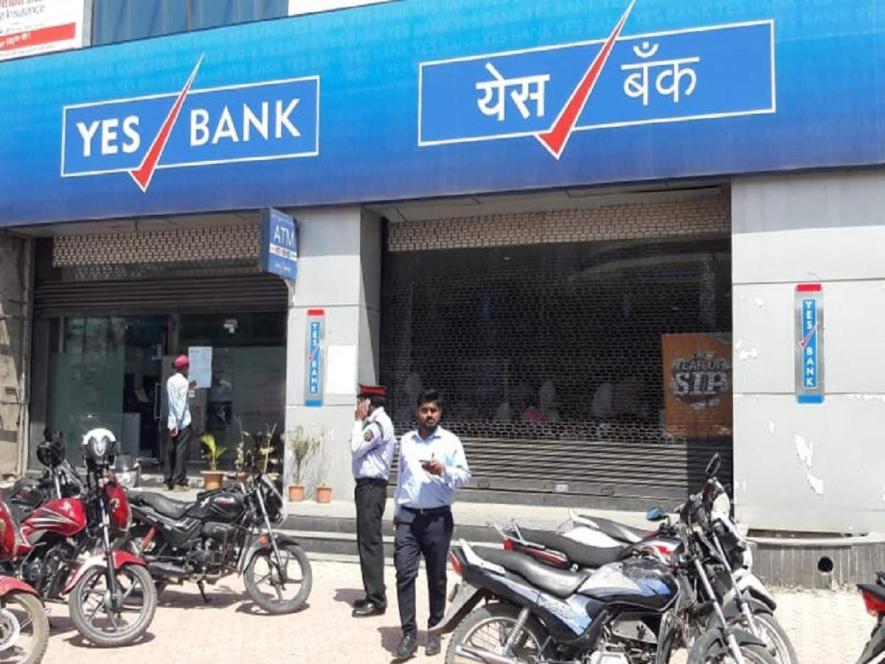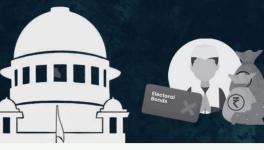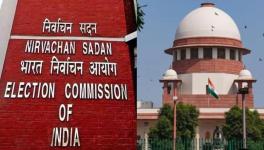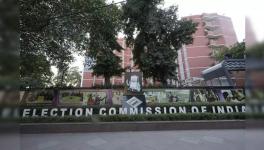ED Probes Yes Bank’s Links with Bankrupt Companies Under PMLA

Image Courtesy: The Economic Times
New Delhi: Probing money laundering charges against Yes Bank’s co-founder Rana Kapoor and others, the Enforcement Directorate (ED) has issued summons to several promoters of companies -- which were either bankrupt or became a non- performing asset -- all borrowers of Yes Bank, which is currently under moratorium and being reconstructed by the Reserve Bank of India (RBI).
Among those summoned are Essel group Chairman Subhash Chandra, Jet Airways founder Naresh Goyal, Cox & Kings promoter Peter Kerkar and Dewan Housing Finance Limited (DHFL) promoter Kapil Wadhawan, Sameer Gehlaut of IndiaBulls and several others, as per reports. Earlier on Monday, the ED had summoned Reliance Group Chairman Anil Ambani in the same case.
While Yes Bank has been the key lender to these companies, which are all facing allegations of money laundering, the ED is probing loans of over Rs 20,000 crore from the point of view of irregularities, quid pro quo, and diversion by Kapoor and previous board members.
The ED arrested Rana Kapoor on March 8 under provisions of the Prevention of Money Laundering Act (PMLA), who will be in the agency’s custody till March 20. The ED claims to have detected Rs 4,300 crore kickback money being funnelled into 'shell’ companies run by Kapoor's wife Bindu Kapoor and three daughters - Radha, Rakhee and Roshini.
As per a statement by Essel Group, “most of the credit facilities (from the Yes Bank) were fully secured and were availed for its infrastructure business and not in the media firms.” Reportedly, Chandra had raised loans for Essel group by offering the shares of Zee Limited as collateral.
It is estimated that Yes Bank’s exposure to Anil Ambani’s Reliance group was the largest one, which is over Rs 13,000 crore, followed by DHFL which owes about Rs 3,700 crore, Essel group Rs 3,300 crore, Cox & Kings by over Rs 2,000 crore and Rs 552 crore in Jet Airways.
Similarly, at the time of collapse of the Infrastructure Leasing and Financial Services (IL&FS) group, Yes Bank had a total exposure of over Rs 2,600 crore to various special purpose vehicles of IL&FS.
Besides allegations of money laundering by Yes Bank’s top administration, the other reasons behind its collapse is stated to be the bank’s practice of lending higher amounts of loans by taking shares as collateral. Simply put, the private bank has been a major lender in terms of giving loans against pledged shares to the now turned non-performing assets or bad loans.
While the Reserve Bank of India has stated that the moratorium on deposits withdrawal limit of Rs 50,000 will be lifted on March 18, the apex bank and analysts are cautioning the depositors to not to panicky withdraw their money which will be detrimental to the proposed reconstruction plan.
As per the RBI’s reconstruction plan for the Yes Bank, the State Bank of India (SBI) along with HDFC Ltd, ICICI Bank, Axis Bank, Kotak Mahindra Bank and other investors will infuse a total of Rs 12,000 crore with SBI alone infusing Rs 7,250 crore taking its stake in the private lender to about 45%. The reconstruction plan will also include increasing authorised capital, raising new equity, protecting depositors’ interest and keeping a stable financial environment to the bank.
Get the latest reports & analysis with people's perspective on Protests, movements & deep analytical videos, discussions of the current affairs in your Telegram app. Subscribe to NewsClick's Telegram channel & get Real-Time updates on stories, as they get published on our website.
























